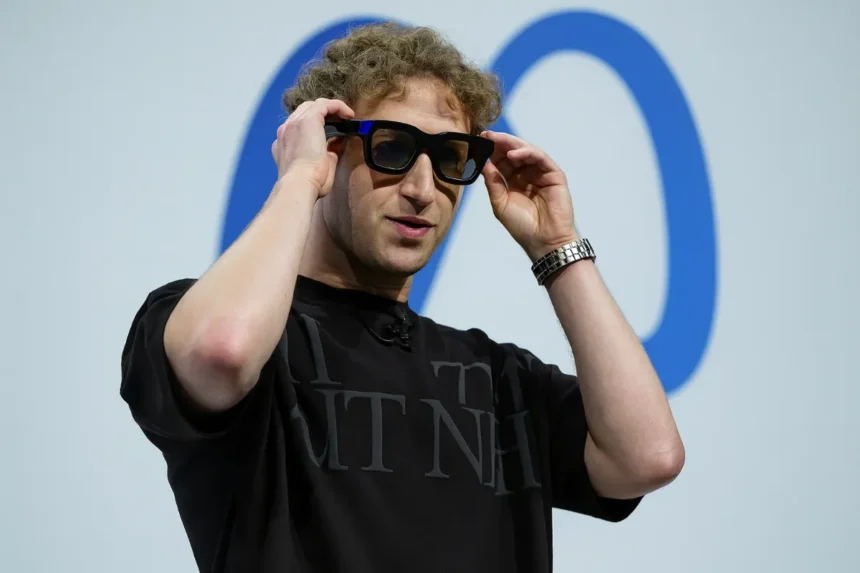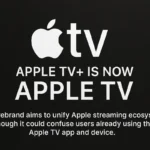California, USA: Meta Connect 2025 was supposed to be a showcase of futuristic wearables — from AI-powered Ray-Ban smart glasses to a neural wristband that could turn simple hand gestures into digital commands. But instead of the wow factor, it was an on-stage glitch that stole the show and went viral across the internet.
The Viral Glitch Moment
During his live keynote, Meta CEO Mark Zuckerberg demonstrated how the new Meta Neural Band could control apps with subtle wrist movements. The first part went smoothly — he successfully sent a message to Meta CTO Andrew Bosworth.
But when it came to the big reveal — starting a video call with just a flick of his fingers — the glasses refused to respond.
The live stream shows Zuckerberg awkwardly repeating the gesture several times as the crowd shifted in their seats. Whispered reactions of “oh my God” could be heard in the background.
Bosworth Steps In
Seeing the demo stall, Andrew Bosworth walked on stage to salvage the moment. Trying to lighten the atmosphere, he blamed the WiFi.
“The WiFi is brutal… and no one is more upset about this than I am. Because now my team has to debug why this didn’t work,” Bosworth told the audience.
While the explanation earned some laughs, the glitch had already gone viral.
Internet Reacts With Memes
Within hours, clips of the failed demo spread across X (formerly Twitter), Instagram, and Reddit, where users turned the moment into memes.
- One viral comment read: “Wow. An invention that spies on me continuously just so I don’t have to type into Google.”
- Another joked: “Classic WiFi. Am I right?”
- Several memes also imagined what the backstage conversation between Zuckerberg and Bosworth must have looked like after the fail.
About the New Meta Ray-Bans
Despite the hiccup, Meta unveiled its latest Ray-Ban AI display glasses at the event.
Key features include:
- Hands-free control through the Meta Neural Band
- AI-powered display for calls, notifications, and apps
- Lightweight design with Black and Sand color options
- Available from September 30, 2025, priced at $799
Meta is betting big on these glasses as part of its push toward AI-driven wearable technology, competing directly with Apple and Google.
A Demo That Stole the Show
While the new glasses promise futuristic convenience, it was the awkward glitch that captured global attention. For critics, it highlighted the growing pains of wearable AI, while for meme-makers, it was just another Zuckerberg moment to laugh at.
Either way, the demo ensured that Meta’s Ray-Ban glasses made headlines — though not quite in the way the company planned.









